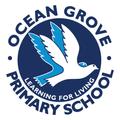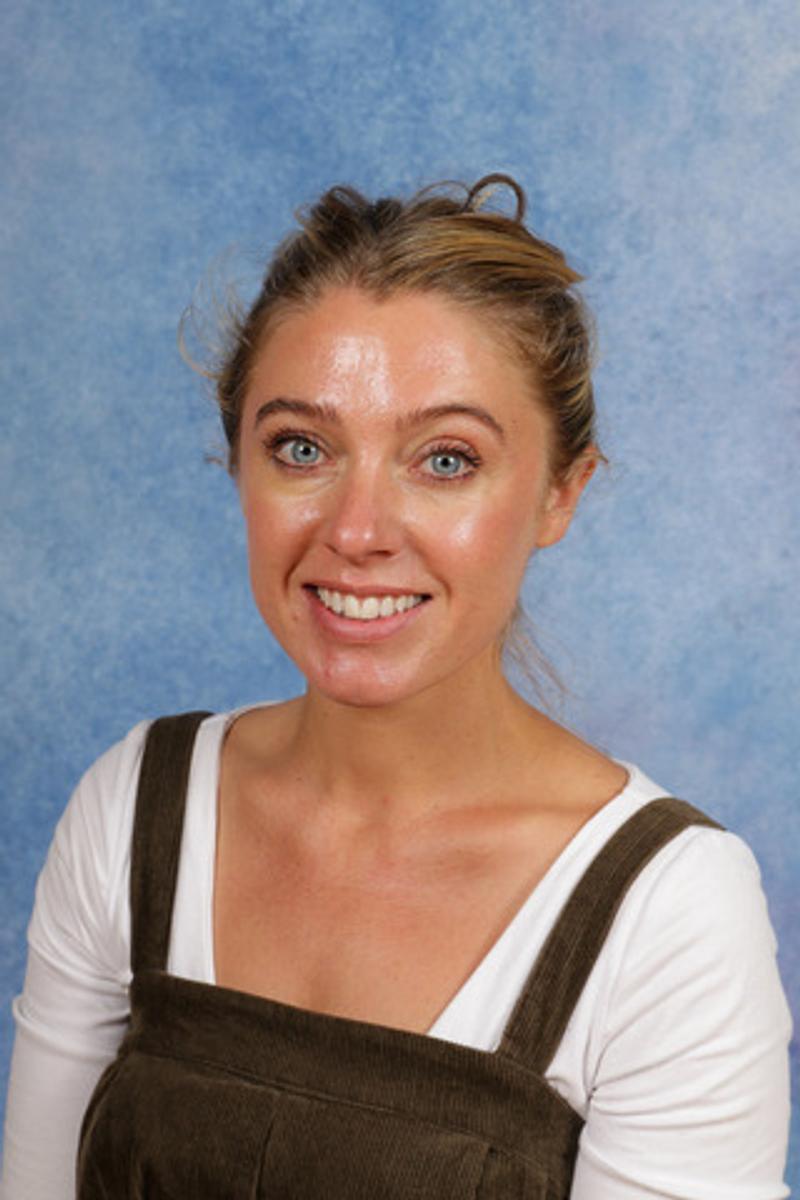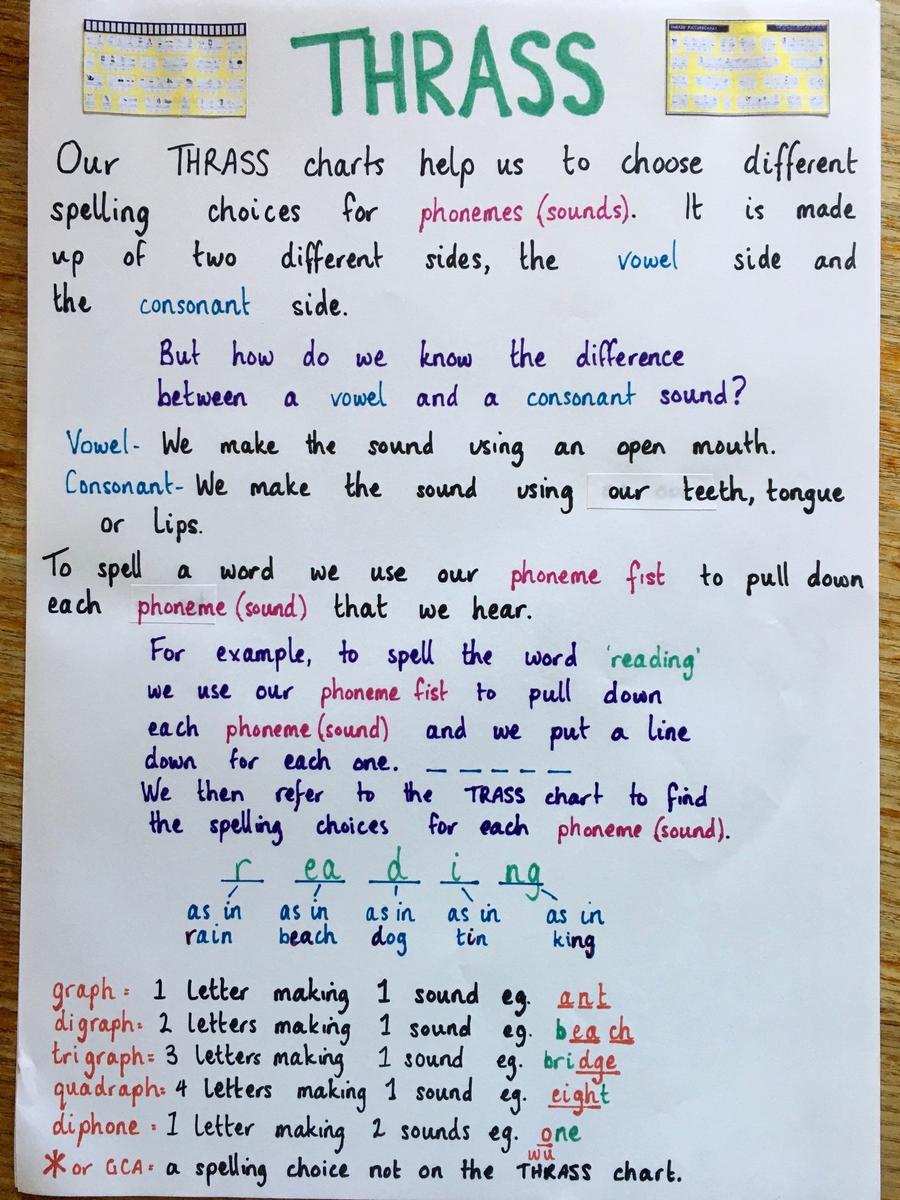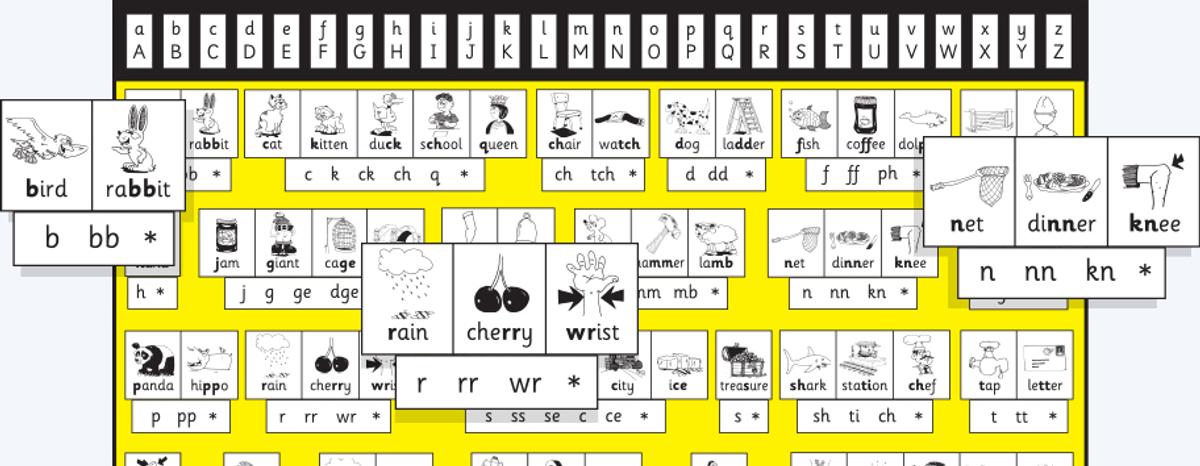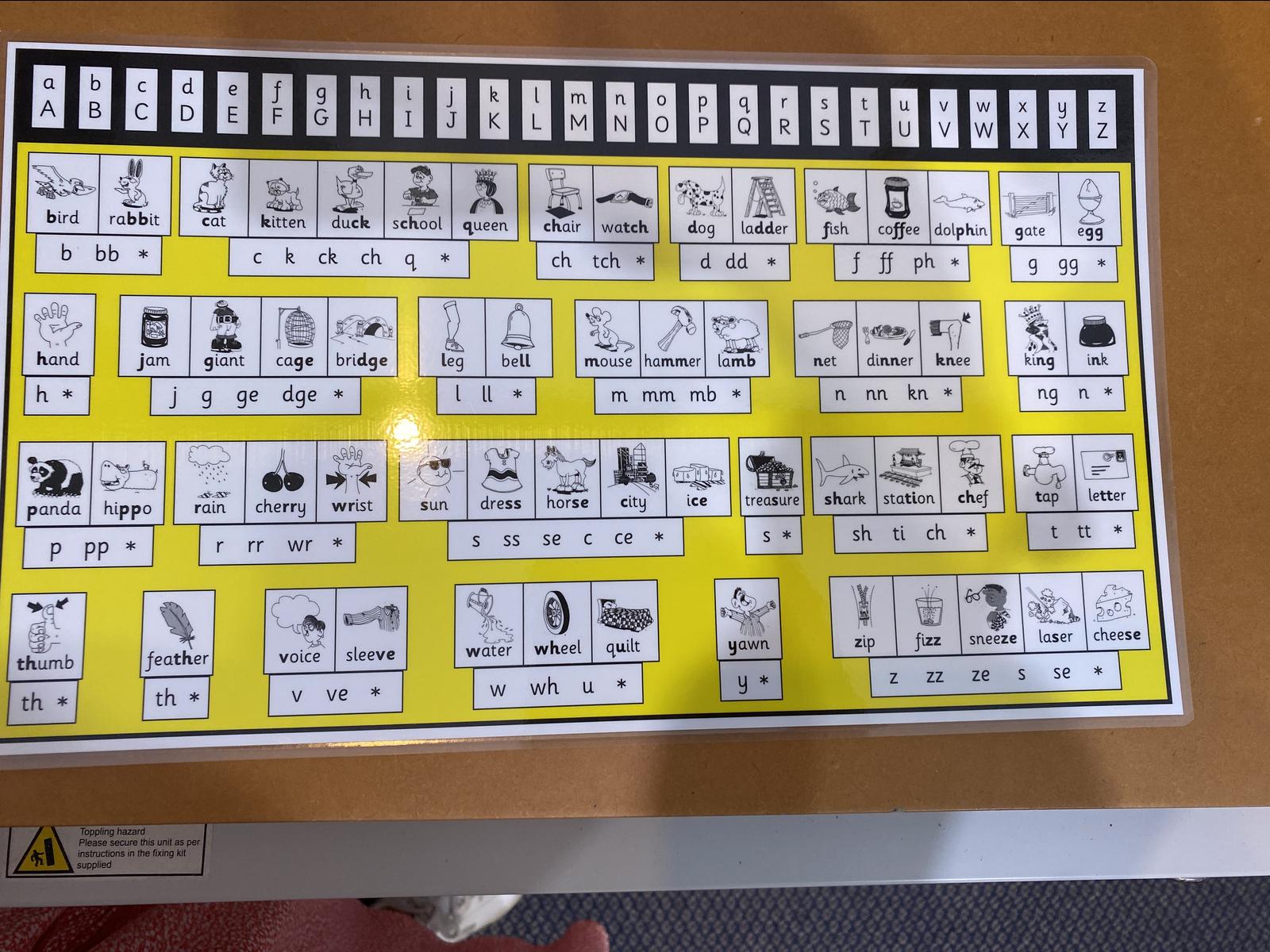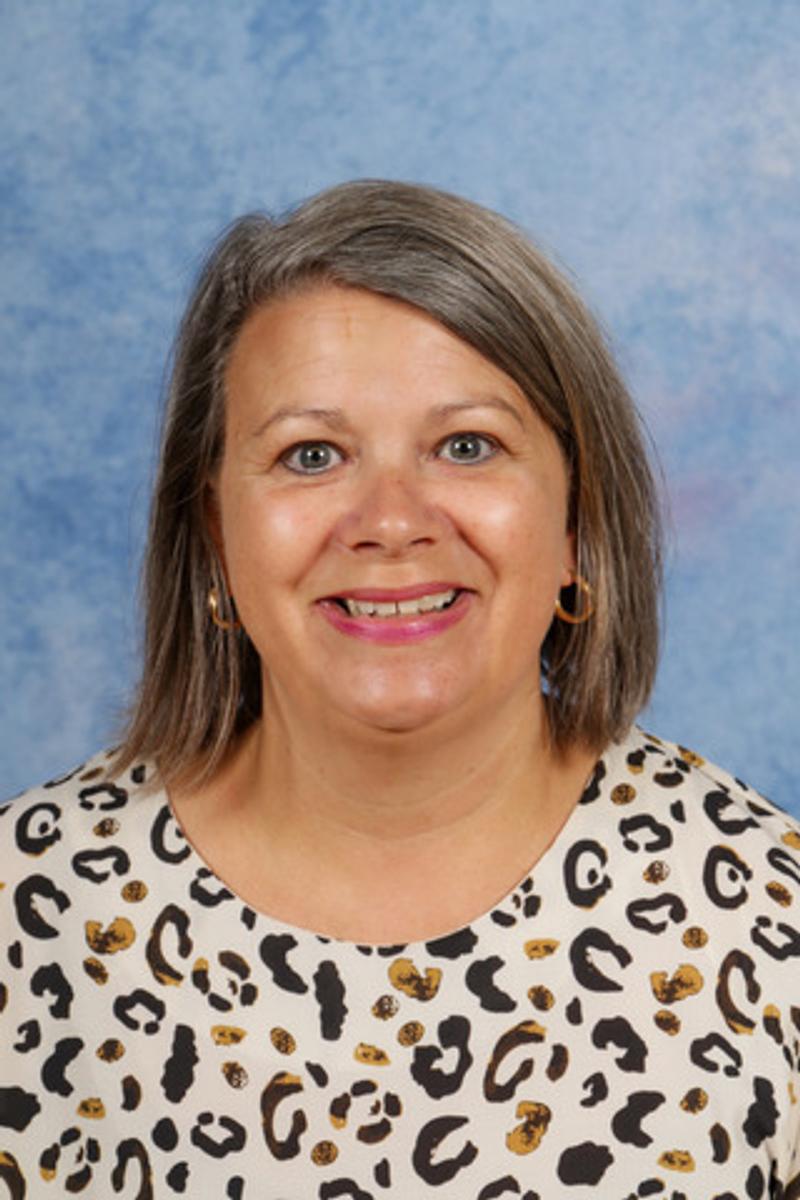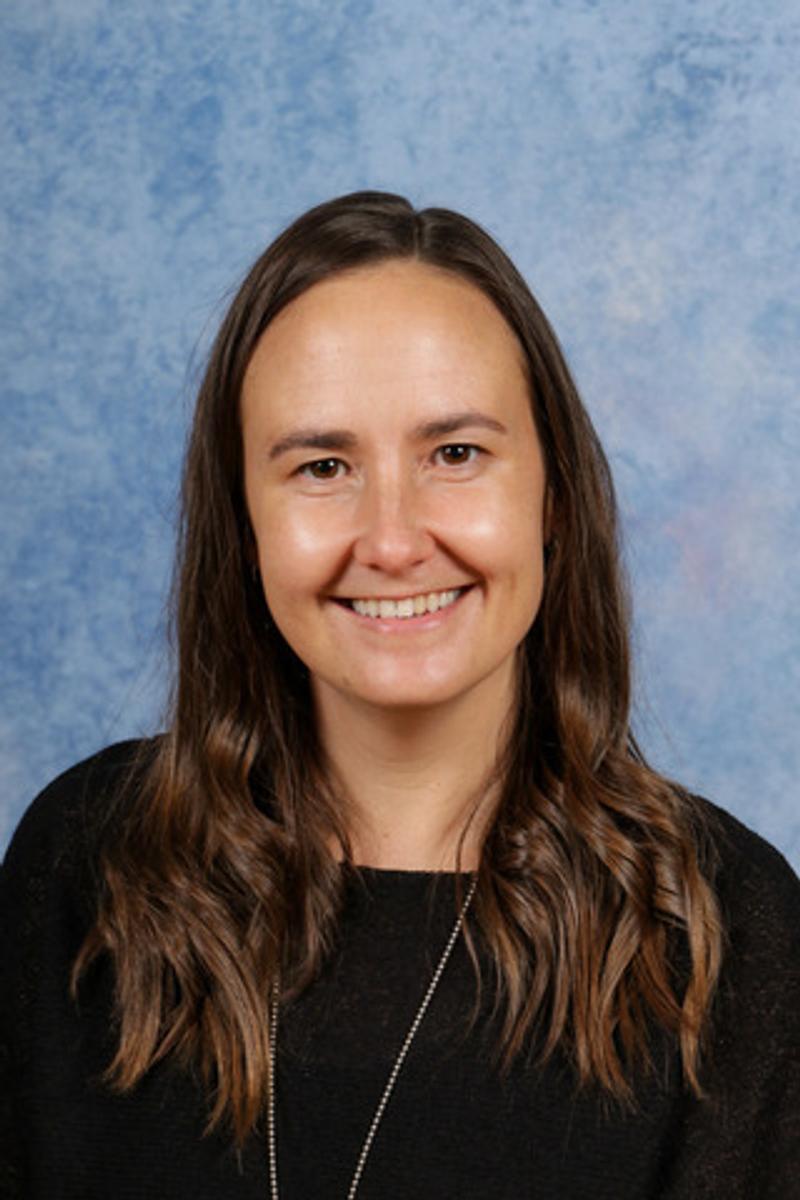Curriculum in Focus

Student Excellence
Ocean Grove’s Student Excellence program is currently running two exciting enrichment programs commencing this term and continuing throughout the year: The Victorian High Abilities Program and Math Olympiad Contests (APSMO).
The VHAP program offers the opportunity for selected students to participate in 10-week online extension and enrichment series, in English and / or mathematics. Our English students are currently exploring the writer’s craft and essential story elements with an expert tutor from Virtual Schools Victoria. Students are learning about thoughtfully developing archetypes in stories, such as the villain and the guardian, and how to inject humour into narrative pieces. Maths students have been learning about the different representations of numerals and number systems across the world and throughout history, such as hieroglyphics and roman numerals. They use logic and patterns to crack codes and solve mind-bending riddles.
The Australasian Problem-Solving Mathematical Olympiads (APSMO) offers a range of mathematical competitions that are currently running at OGPS: Maths Olympiad, Maths Games and Maths Explorer. The programs focus on the students’ ability to solve mathematical problems in a creative, flexible manner – as opposed to simply reaching a solution. The maths Olympiad contests run for selected students from Years 3-6, once every six weeks. Teachers prepare students in training sessions where students work collaboratively to solve problems and then evaluate the efficiency and effectiveness’ of their chosen strategies.
A huge shout out to all those students currently participating in the Student Excellence Program, for their admirable commitment and growth mindset in undertaking these challenging experiences! Ocean Grove wish you all the best for the rest of the year.
Miss Lawrence
(Student Excellence Facilitator)
Problem Solving In Maths
Each week, the students at OGPS take part in a Number Ninjas, or Problem Solving session, at least once. During this time, a real focus is on one of our learning proficiencies of reasoning. Peter Sullivan (an experienced Mathematics researcher), explains reasoning as:
... analysing, proving, evaluating, explaining, inferring, justifying and generalising. Students are reasoning mathematically when they explain their thinking, when they deduce and justify strategies used and conclusions reached, when they adapt the known to the unknown, when they transfer learning from one context to another, when they prove that something is true or false and when they compare and contrast related ideas and explain their choices.
So, to put it bluntly, reasoning is hard! It is a skill that needs to be practised and refined because it doesn’t come down to just one thing. Sometimes, the answer might not be apparent straight away. It’s ok to be in the ‘Learning Pit’ and not knowing something immediately.
In the classroom, we really encourage students to use their critical thinking skills to reason and wrestle with problems. Students take part in respectful and rigorous discussions around strategies and why they may be the ‘best’ way to approach solving a problem.
Have a think about how you might use the process of reasoning at home with your family. You might like to try using some of these question starters to promote this higher level thinking process. It might be in the area of Mathematics, but problem solving is more holistic than that.
-How do you know that the answer you came to is the right one?
-You learnt a lot from that book/movie/experience. How could you apply that new learning to _____?
-Can you prove it?
-What do you deduce?
From The Learning Specialist
What is THRASS?
THRASS stands for Teaching Handwriting Reading And Spelling Skills. It is not a literacy program but forms part of a balanced literacy approach. It is used to teach students about letters, speech sounds and spelling choices of English. These ‘building blocks’ are introduced and reinforced through the interrelated skills of handwriting, reading and spelling.
THRASS focuses on -
- Knowledge of the alphabet and naming lower-case letters and their capitals
- Using the correct terms from the beginning - letter, name, lower-case, capital, phoneme, grapheme, graph, digraph, trigraph, quadgraph, word.
- The alphabet as a resource for which letters are selected to represent the phonemes of spoken English.
- Handwriting skills - the correct formation of lower-case and capital letters.
- An awareness of the 44 phonemes (speech sounds) of spoken English.
- An awareness of the graphs, digraphs, trigraphs and quadgraphs (spelling choices).
The THRASS chart is a tool that students use to support them when reading, writing and spelling. It is made up of a vowel and consonant side. Each phoneme (spelling sound) has a box with the most common graphemes (spelling choices) for that sound. Each grapheme is also represented by a picture.
Students are encouraged to use their ‘phoneme fist’ to determine the sounds they hear in words. They then use their THRASS chart to make the best choices about which graph, digraph, trigraph or quadgraph match those sounds. You may see correction of your child's spelling with ticks above letters. Often the teacher will tick the correct spelling choices and give students the opportunity to try a different spelling choice off the THRASS chart for any that they did not write correctly.
THRASS charts are supplied as part of the booklists for students in Foundation and are carried up with them throughout their schooling.
Should you wish to know more about THRASS or the THRASS chart, please have a chat with your child’s teacher or send me a message and I will get in touch with you.
Thank you
Ann Miller and Kerryn McKeon
(Learning Specialist)
